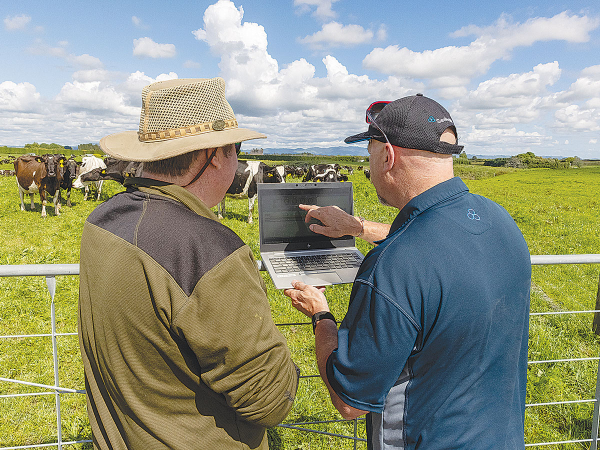OPINION: The phasing out of copper network from communications is understandable.
However, the move risks leaving rural people with uncertainty as to where to go for a phone or internet connection.
The legacy copper network has played a valuable role serving New Zealand’s communications needs, however, it’s now end-of-life technology with many parts of the network prone to faults. With modern technologies like fibre, wireless and satellite able to deliver fast and reliable phone and internet, Chorus will retire the copper network from service over the next few years. The Commerce Commission agrees.
But with some 100,000 homes and businesses still using the copper network, the removal of copper leaves a lot of people unsure as to what to move to – particularly those without access to alternative technologies, with medical needs, or for whom digital literacy remains a barrier.
As copper services are withdrawn, those who continue to rely on them may face rising costs as the remaining network becomes more expensive to maintain.
Rural Women New Zealand (RWNZ) wants Chorus needs to commit to a well-resourced, transparent public education campaign.
There is a worry that rural communities could be left behind as technology shifts.
Read More:
Poor rural connectivity has always been a concern for farming leaders. This played out in real time last month when Federated Farmers telecommunications spokesperson Mark Hooper, doing a radio interview from his Taranaki farm on the very issue, saw the connection dropping out mid-interview.
Hooper says rural connectivity isn’t up to scratch, cellular reception is patchy at best, and Chorus’s withdrawal of the copper network only adds to concerns many rural residents have about connectivity. He rightly says the rural community deserves better.

